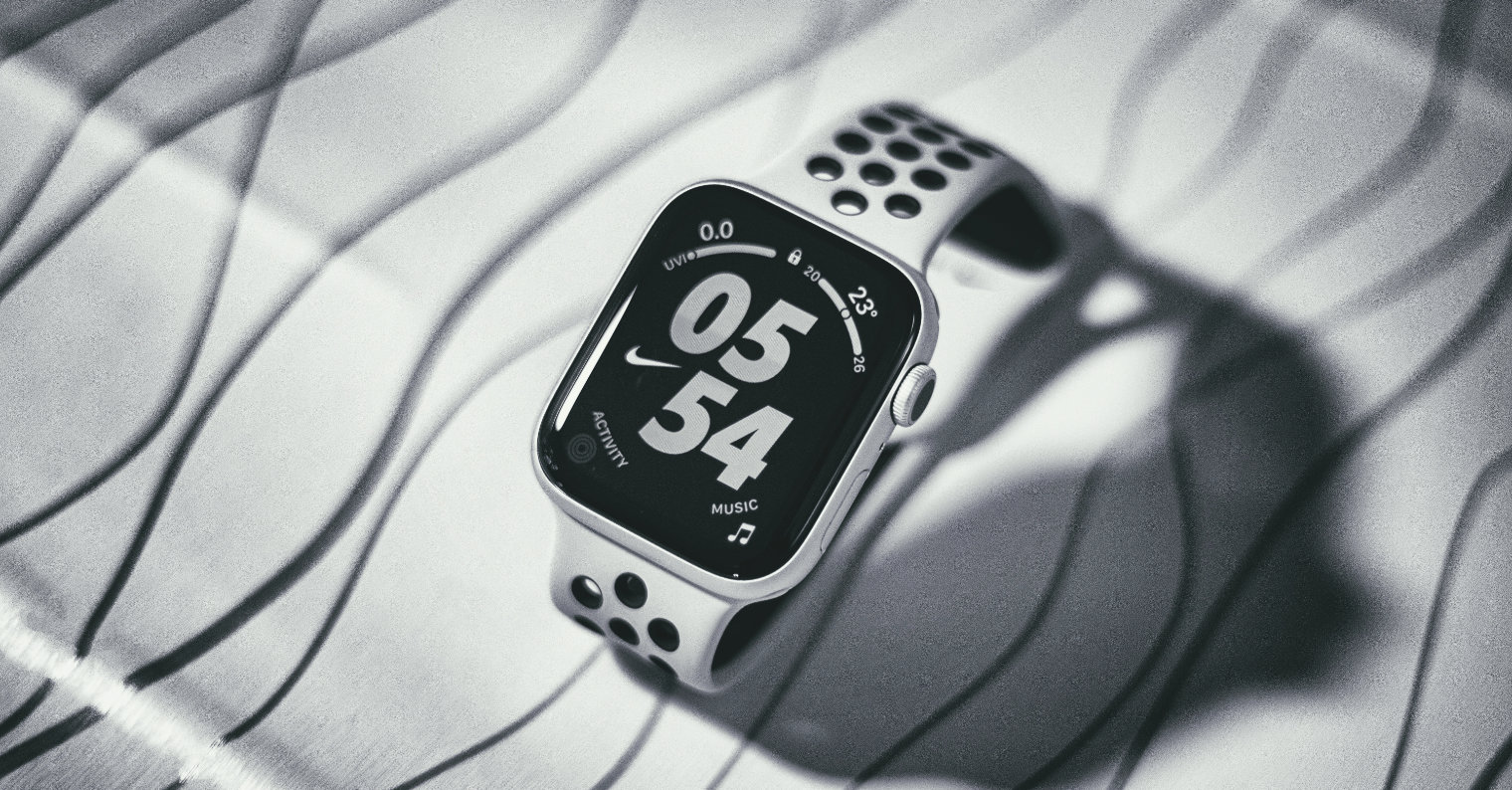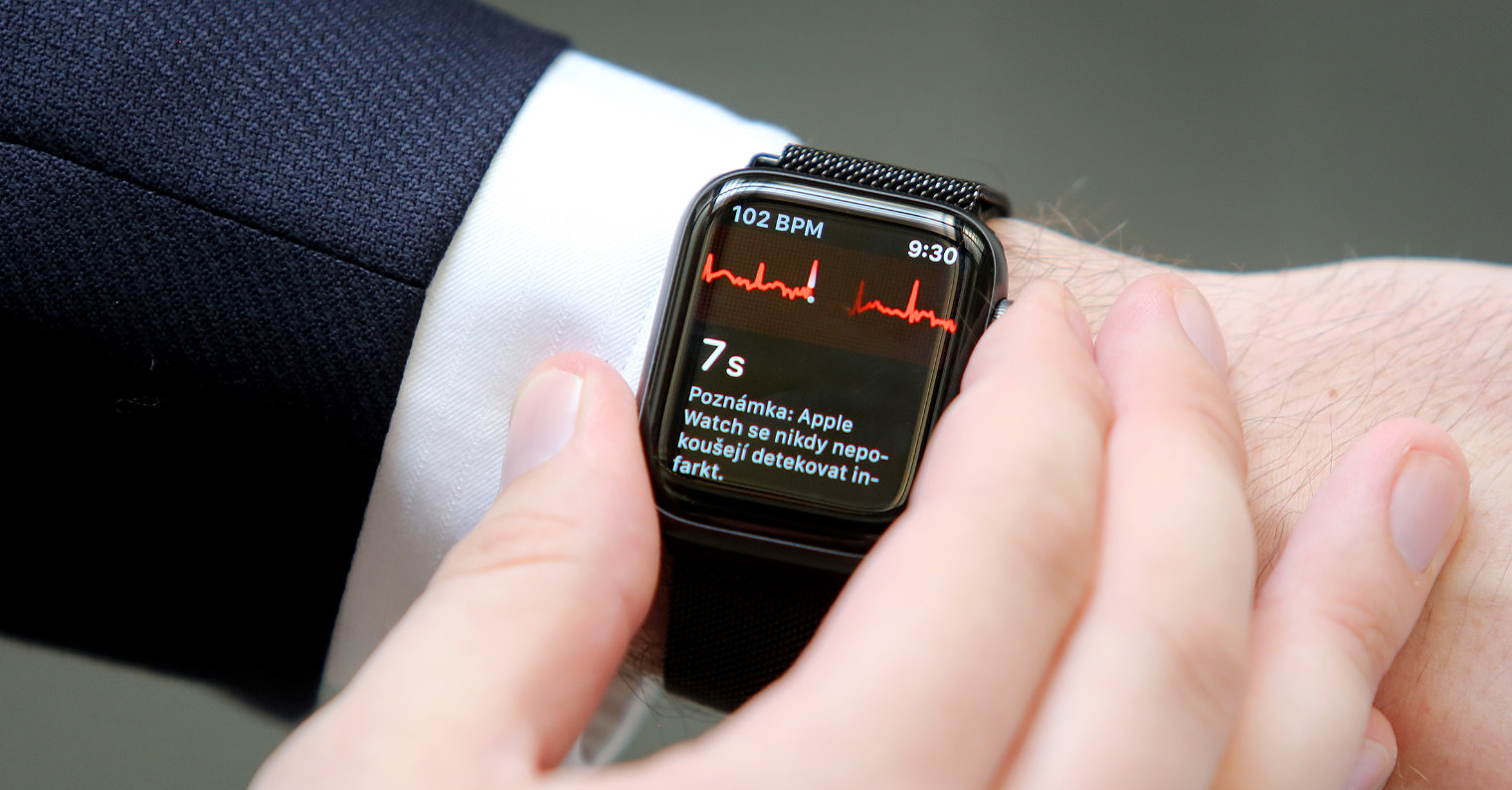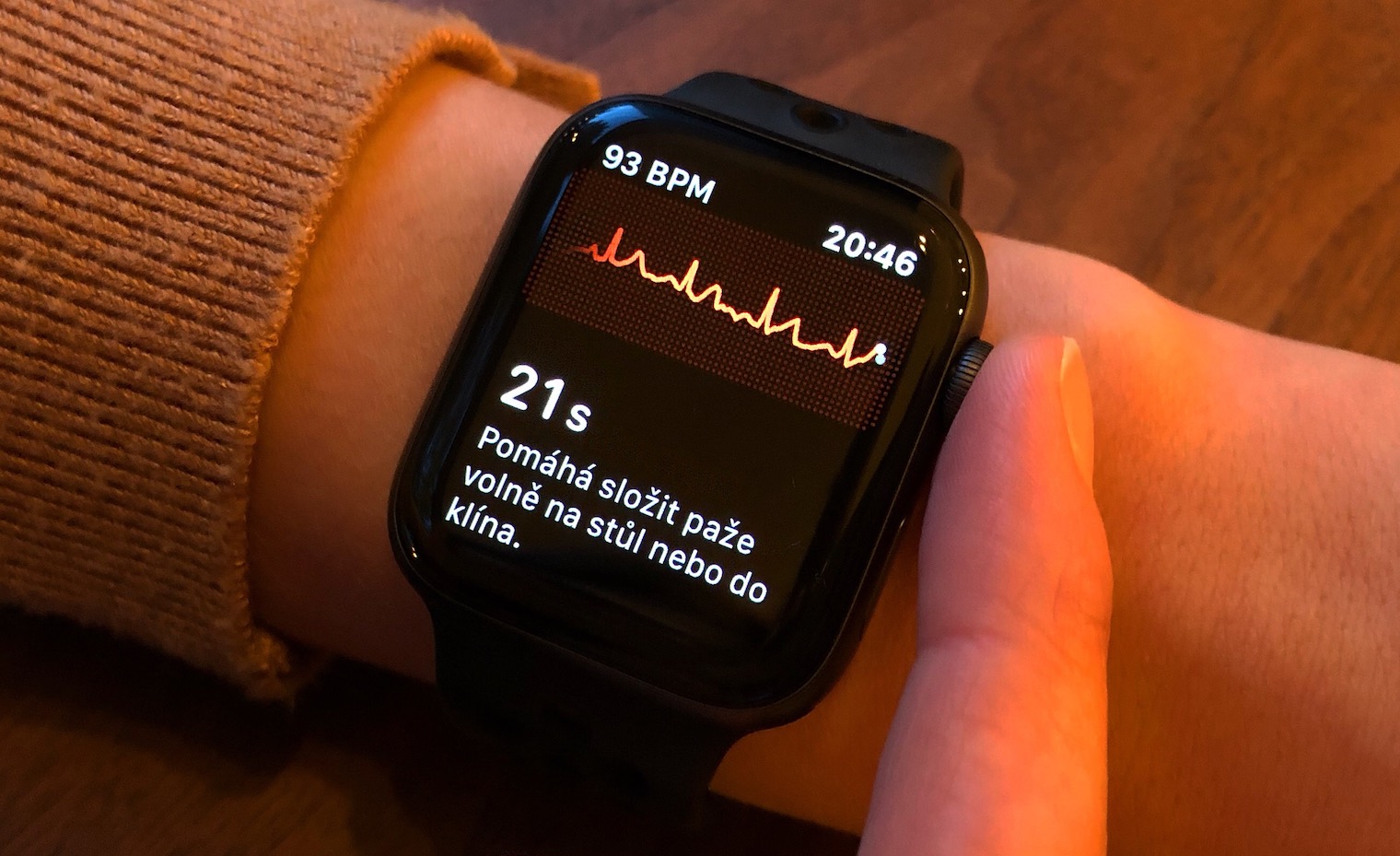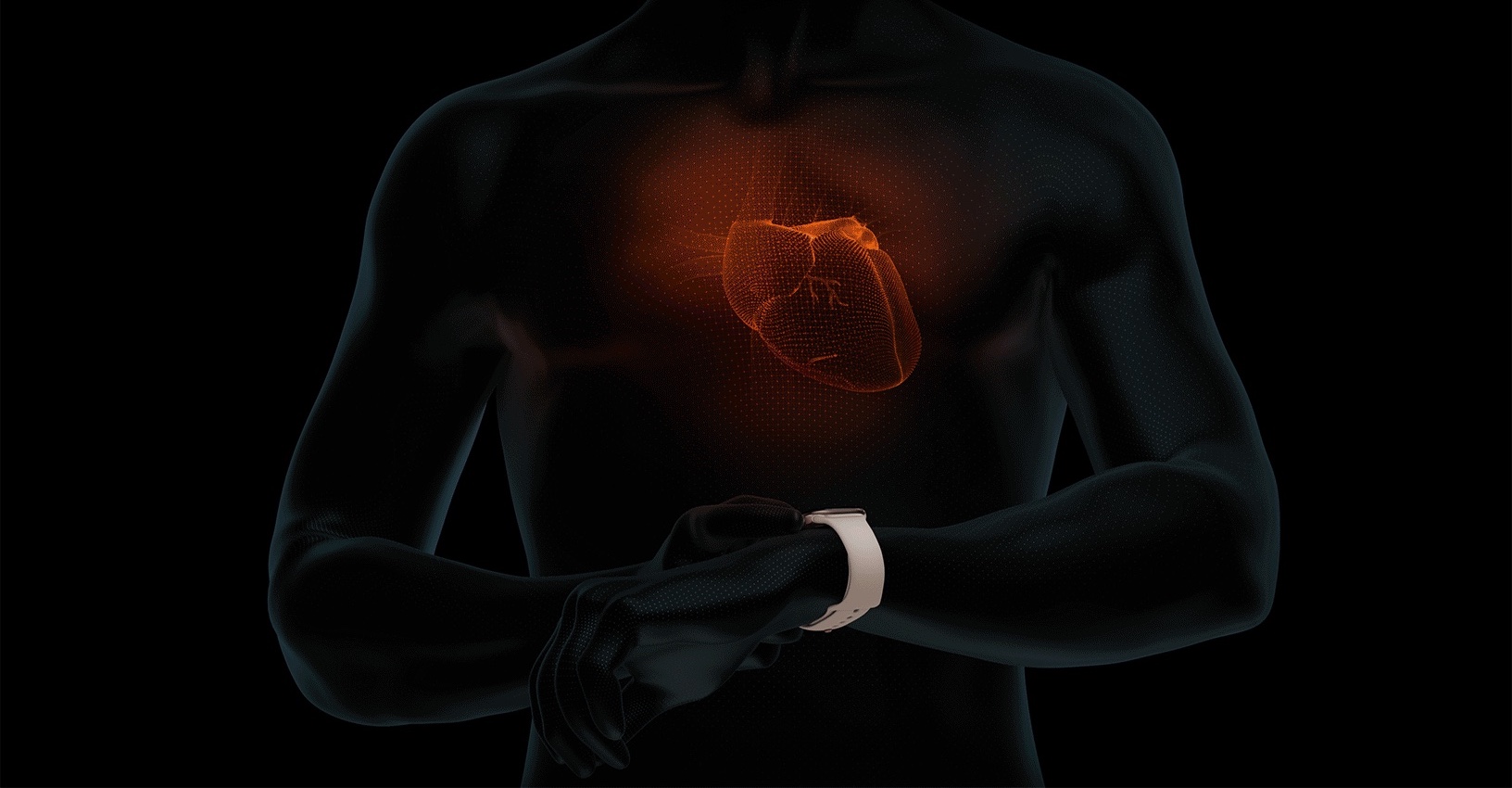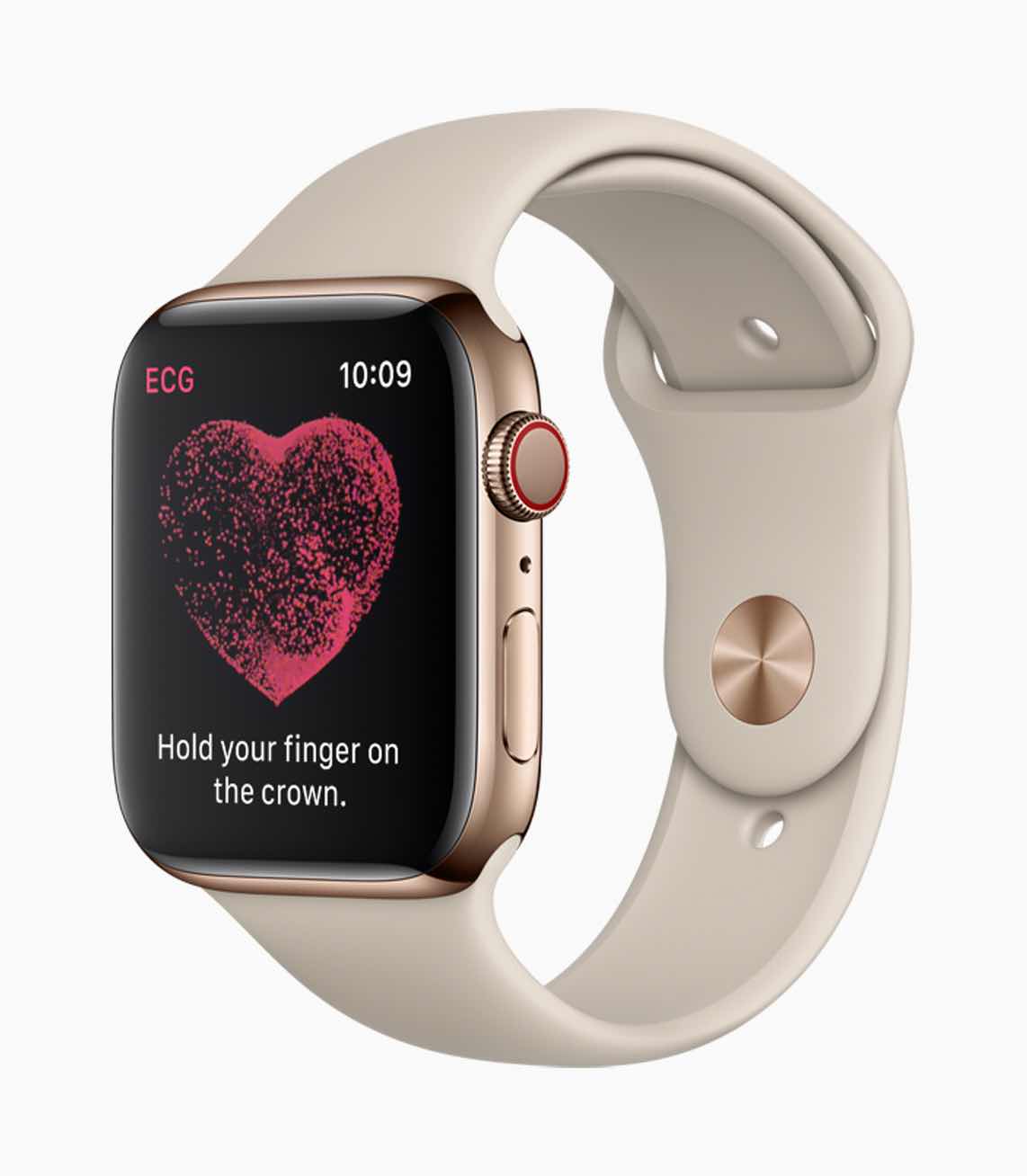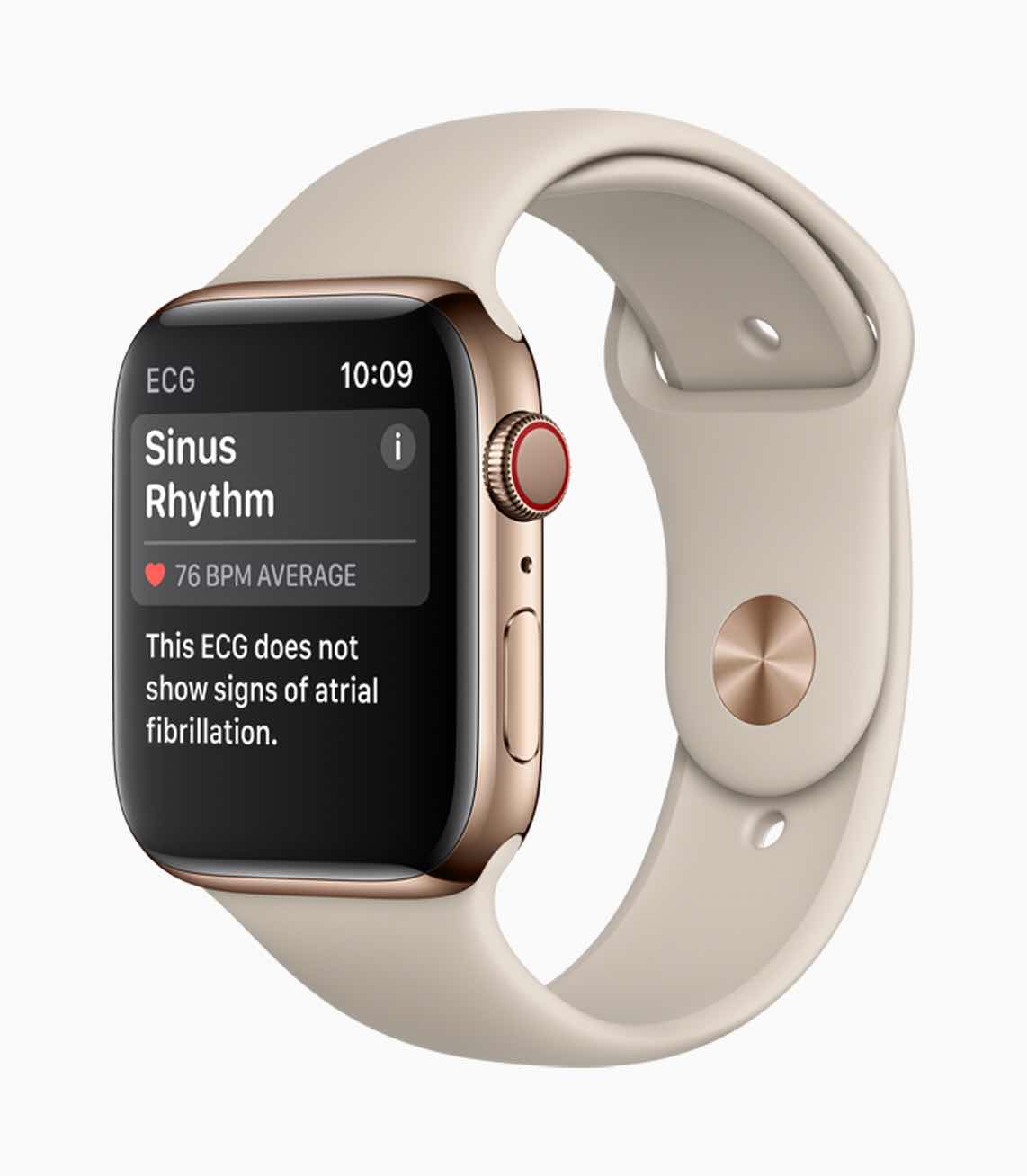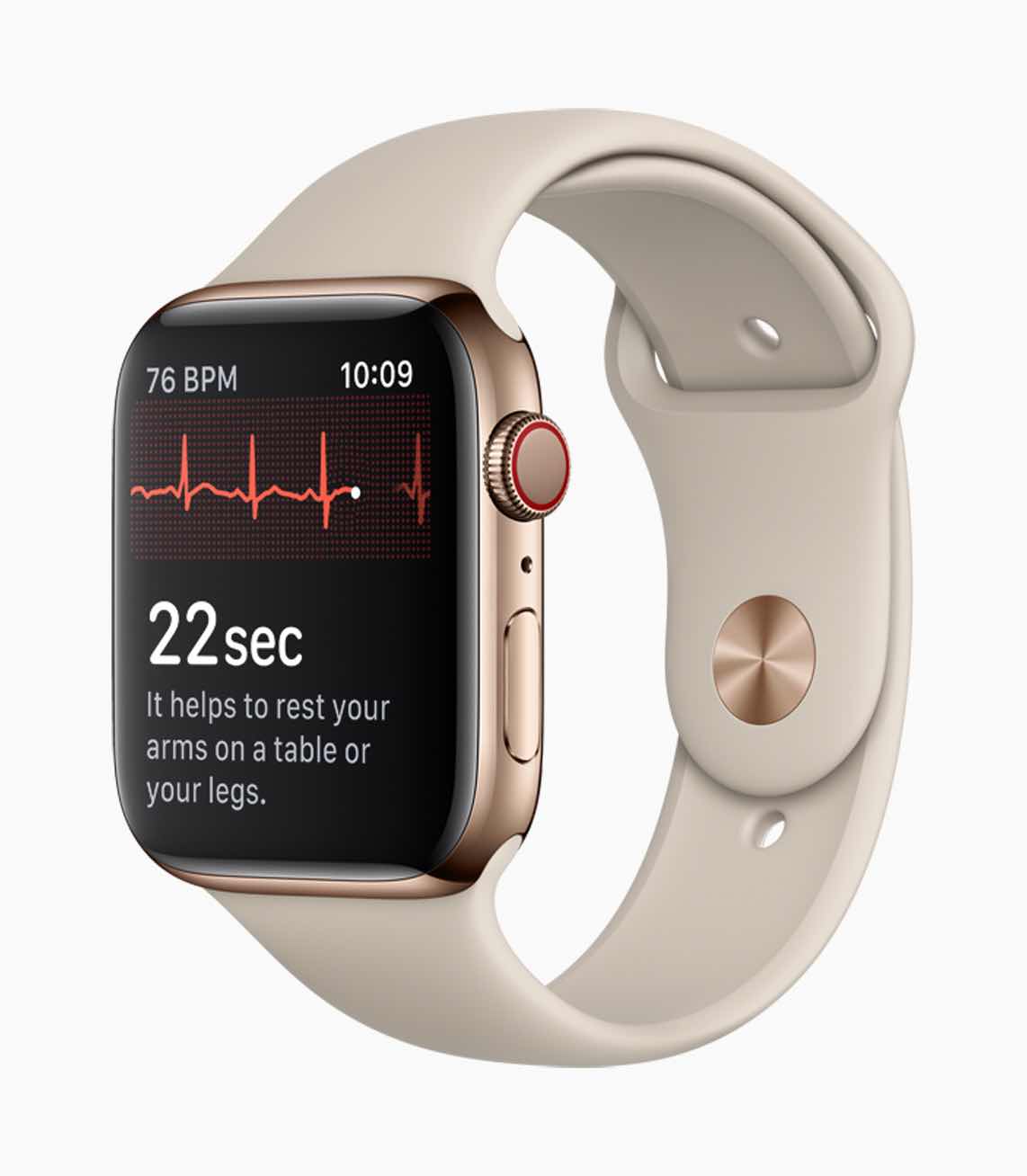The arrival of the Apple Watch literally kicked off the smartwatch market. It's not for nothing that Apple representatives are considered the best smart watches ever, which have a lot of different functions to make everyday life easier and more pleasant. But it does not end there. As such, the watch also fulfills a number of health functions. Today, they can reliably monitor physical activities, sleep, measure heart rate, blood oxygen saturation, ECG, body temperature and more.
It could be interest you
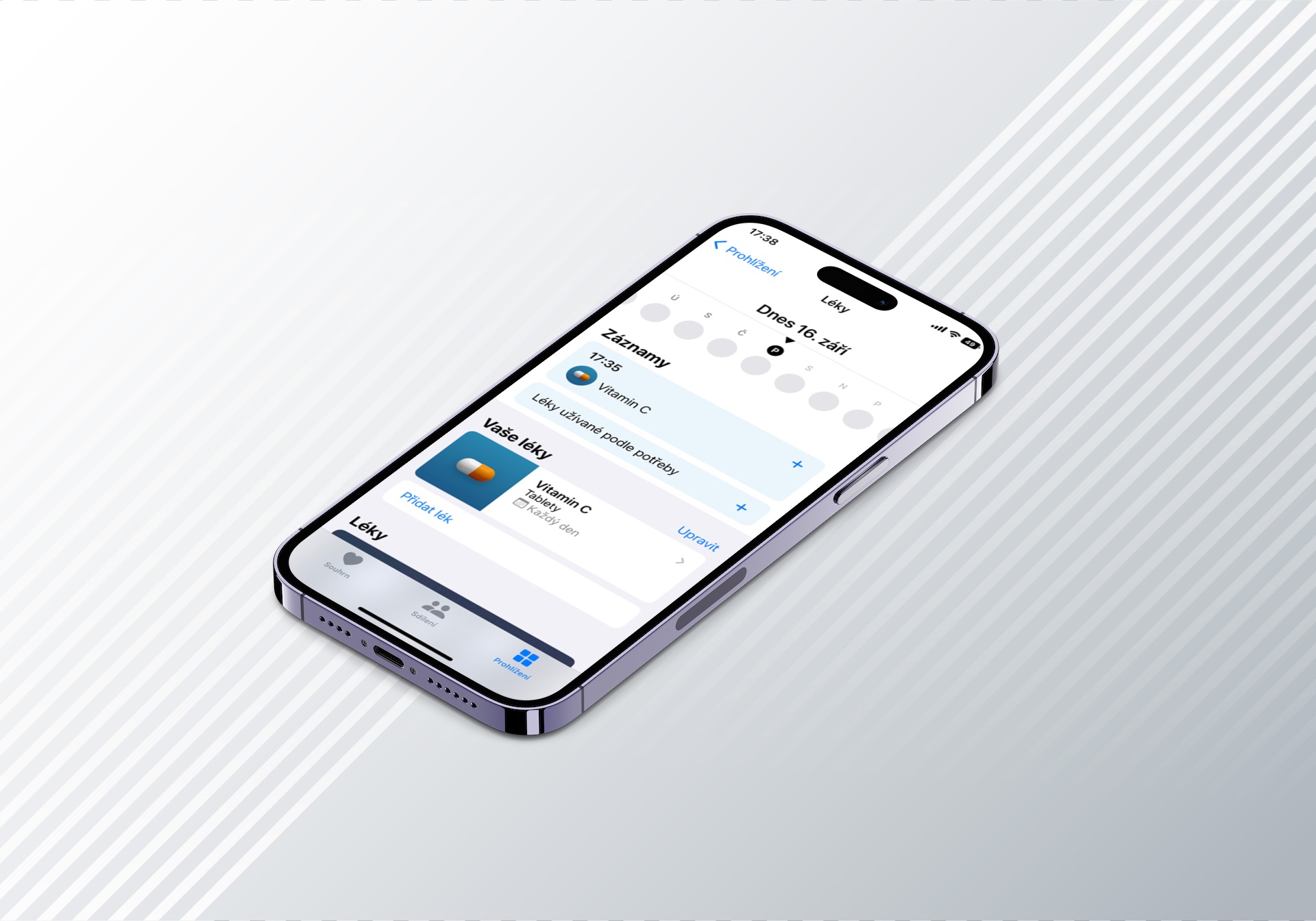
The question, however, is where smart watches as such can actually move in the future. Already in recent years, some apple watchers have complained that the development of the Apple Watch is slowly starting to stagnate. To put it simply – Apple hasn't come up with a generation for a long time that would cause a certain uproar with its "revolutionary innovations". But that doesn't mean that big things can't await us. So in this article, we will focus on the possible future of smartwatches and the possibilities that we could expect. It's definitely not a lot.
The future of the Apple Watch
We can unequivocally call smart watches the most popular of the wearables category. As we mentioned in the beginning, they can fulfill a number of great functions that come in handy in various situations. In this regard, we must not forget to mention the brand new Apple Watch Ultra for the most demanding users. They came with even better water resistance, thanks to which they can also be used for diving up to a depth of 40 meters. But how to know the depth? Apple Watch automatically launches the Depth application when submerged, which informs the user not only of the depth, but also of the immersion time and water temperature.
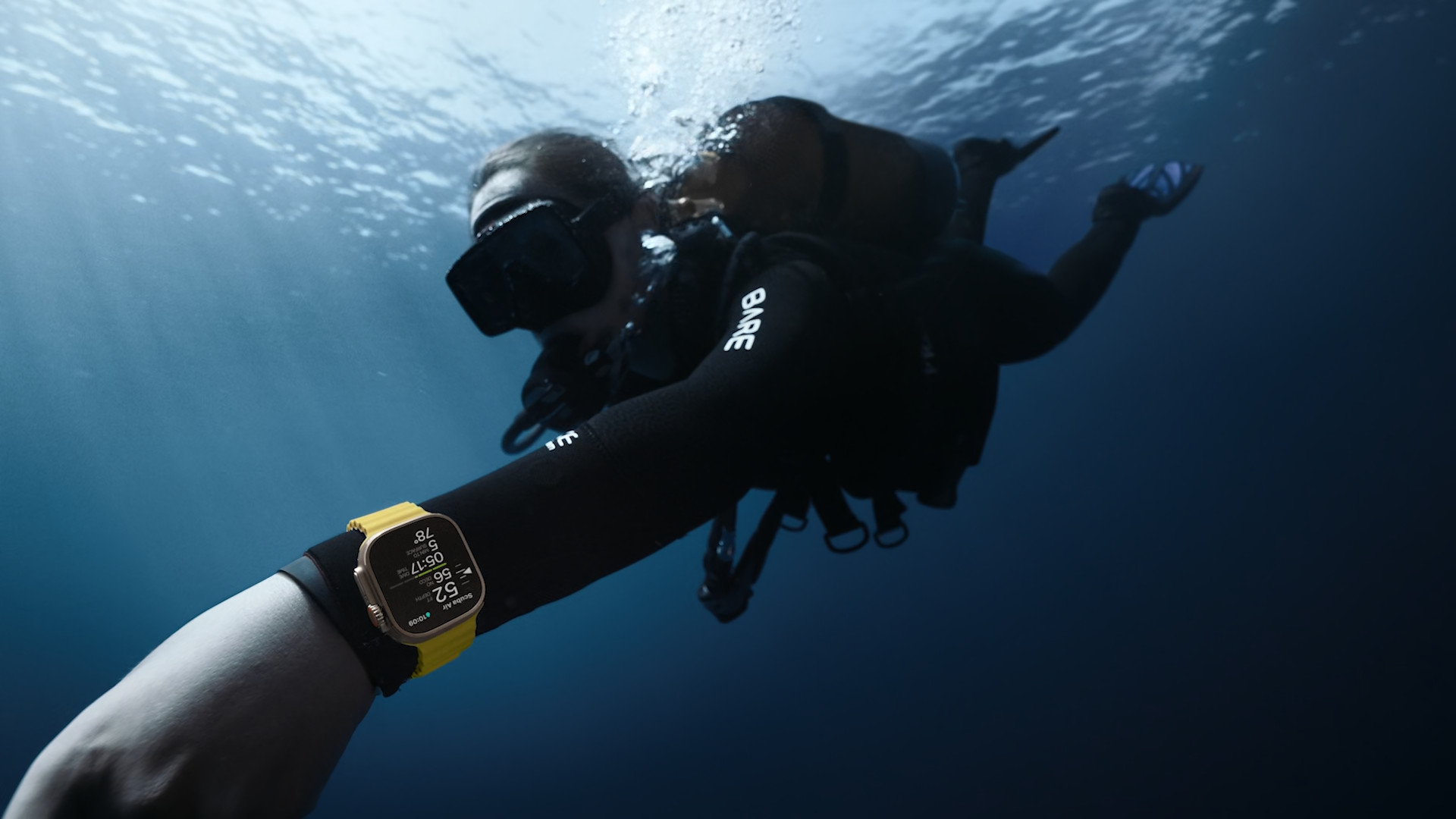
The future of smart watches, or the entire segment of wearables in general, is primarily focused on the user's health. Specifically, in the case of the Apple Watch, the aforementioned sensors for measuring heart rate, blood oxygen saturation, ECG or body temperature testify to this. It is therefore likely that development will move in this direction, which will place smart watches in a relatively dominant role. With regard to possible news, there has been talk for a long time about the arrival of a sensor for non-invasive blood sugar measurement. The Apple Watch could thus also become a practical glucometer, which could measure the blood sugar level even without taking blood. That is why it would be an unrivaled device for diabetics. However, it doesn't have to end there.
Patient data is extremely important in healthcare. The more experts know about the current condition, the better they can treat the person and provide him with the right help. This role could be complemented in the future by smart watches that can take measurements several times a day without the user even noticing. In this regard, however, we encounter a rather fundamental problem. Although we can already record high-quality data, the problem is more in their transmission. There is not just one model with one system on the market, which throws a pitchfork into the whole thing. Undoubtedly, this is something that the technology giants will have to solve. Of course, the legislation and the approach to viewing smart watches as such is also important.
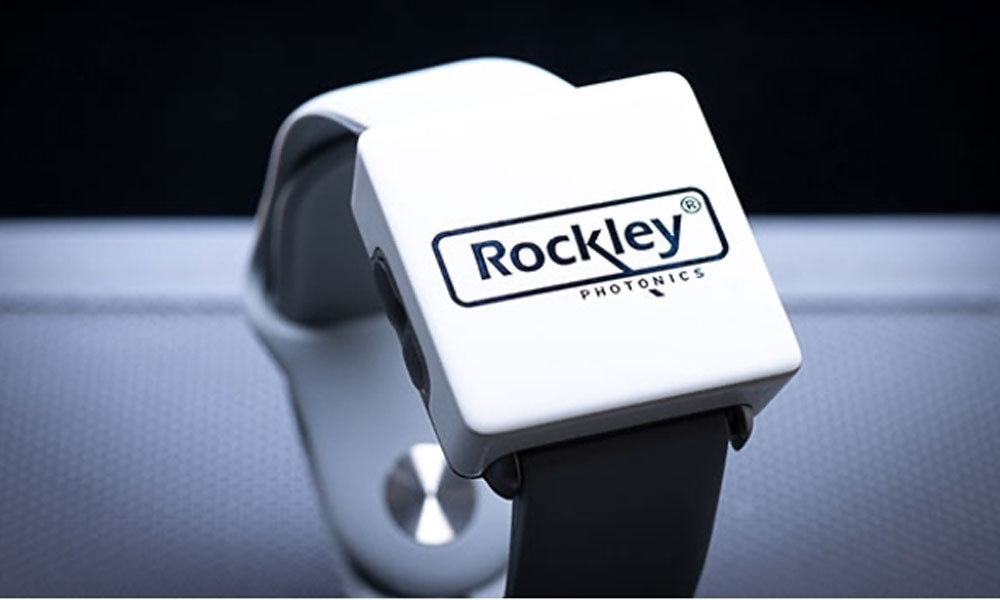
In the future, smart watches can practically become each user's personal doctor. In this regard, however, it is necessary to mention one extremely important thing - watches as such cannot, of course, replace an expert, and probably will not be able to do so. It is necessary to look at them a little differently, as a device, which in this regard is primarily intended to assist and help a person with the identification of possible problems and timely search for doctors. After all, the ECG on the Apple Watch works exactly on this principle. ECG measurements have already saved the lives of many apple growers who had no idea they might have heart problems. The Apple Watch alerted them to fluctuations and possible problems. So when we put together the possibility of monitoring various data, we practically get a tool that can alert us in time to approaching diseases or other problems that we should pay attention to. So the future of smart watches is probably heading towards healthcare.
It could be interest you
